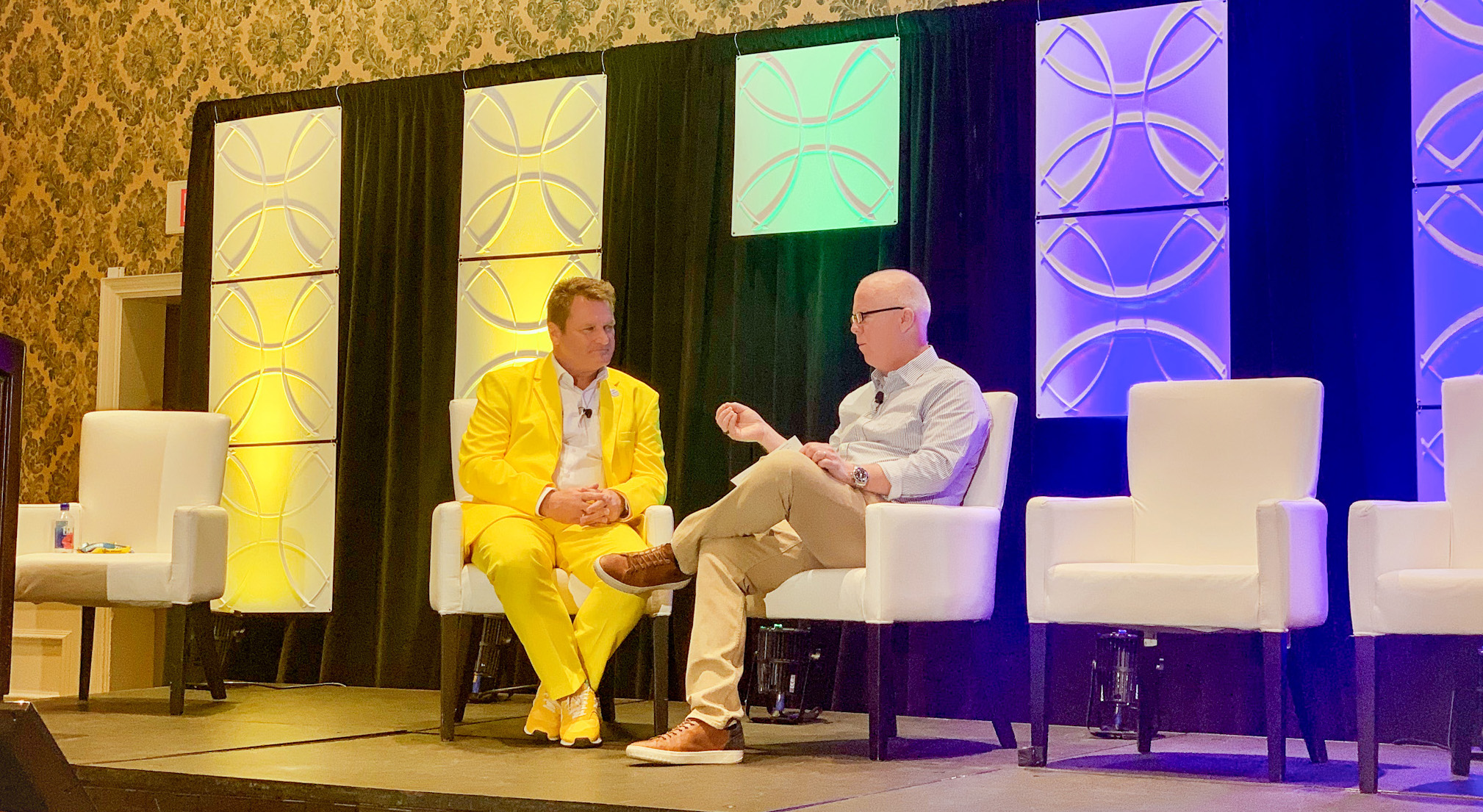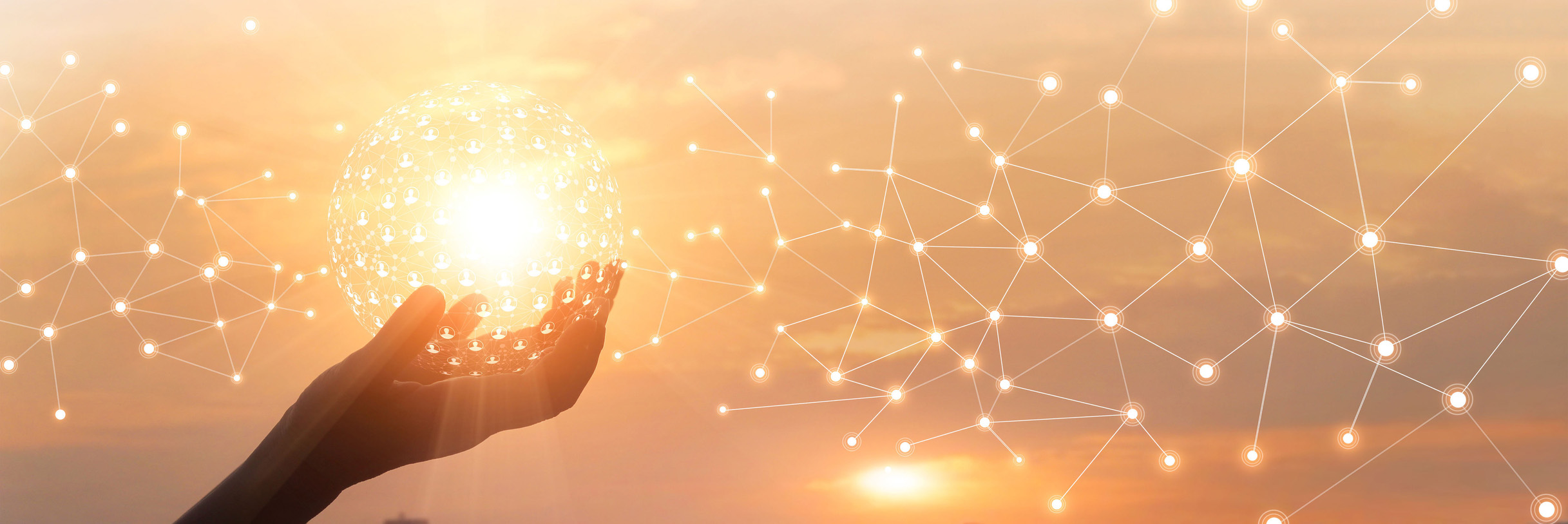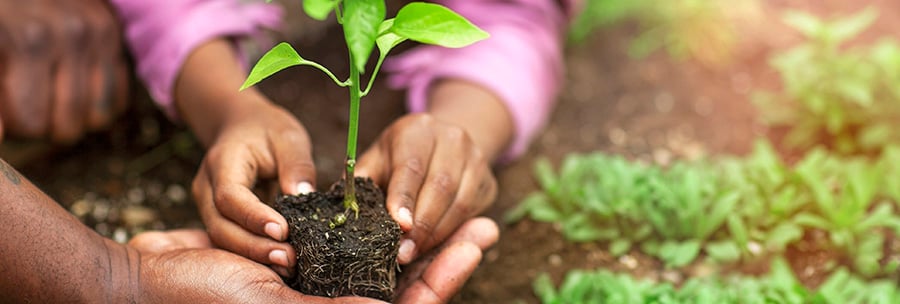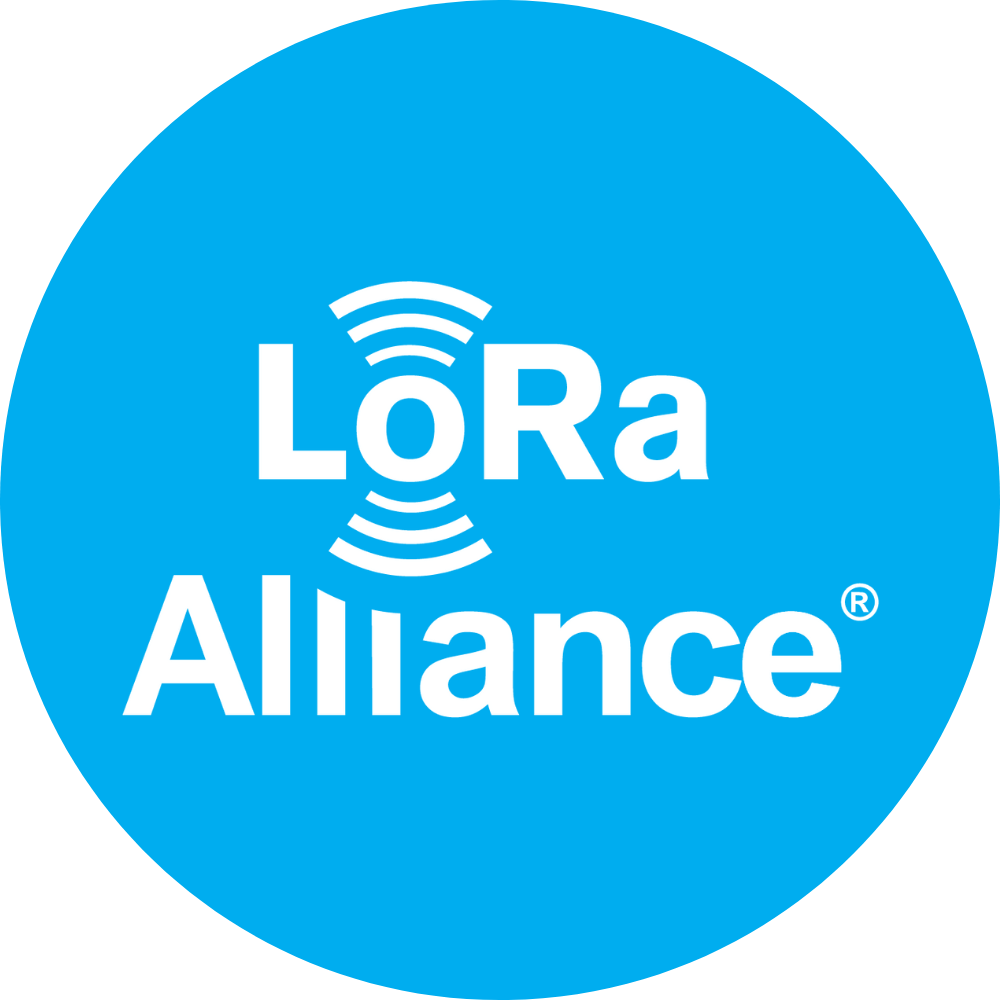An Interview with Industry Experts
Will Townsend, Vice President and Principal Analyst managing the networking and security practices at Moor Insights and Strategy, recently sat down with Boris Stöeckermann, Business Leader at Minol Zenner Group, and chairman of the Smart Cities working group within the LoRa Alliance®.
This is an excerpt of their conversation[1]:
Will Townsend:
I've been excited to have this conversation with you, but let's just start off and begin with a definition of a smart city because I think it can mean different things to different people.
Boris Stöeckermann:
When I'm talking about a smart city, …it can start with one building or several buildings. …you have roads, then you have pipelines, energy pipelines, water concern, everything. But this is only infrastructure. Right? But then you have another type of smart city, this is all about processes, administration, and finally…what the city does for the citizens, right? This is why we are doing the internet of things and digitization for smart cities. We want more value for the citizens. We want to save resources, breathe clean air and have better services.
Will Townsend:
Yeah…that makes perfect sense. So with respect to connectivity, there are a number of different ways you can kind of go about connecting things. As an analyst, private cellular is a big deal, but you've got Wi-Fi, you've got Bluetooth, you have beacons that are ZigBee and low energy Bluetooth. But let's talk about LoRaWAN specifically and where it shines relative to enabling kind of the smart city of the future. I can think of certain use cases and [we’ve discussed before]: traffic management, smart parking, and you mentioned air quality monitoring, but I'd love to hear from your perspective where you think LoRaWAN really shines in that regard.
Boris Stöeckermann:
LoRaWAN is an open standard and the Alliance defined the standard about the communication protocol, but also about standardization of devices, how they need to interact in [and] with the technology. This opens up a lot of potential and opportunities for cities running their own stuff or if they want to hire a full-service partner. There are hundreds of LoRaWAN solutions providers out there in the world giving you a full service solution. But we also see… cities …collaborate very closely with their utilities and ramping up their own IOT networks using LoRaWAN.
Why is LoRaWAN so attractive for them? It’s a helpful technology overcoming the silos, which is out of my perspective, one of the biggest strengths.
Water supply companies…when we started this, they would say, I'm from this water company, I'm only talking water, but the real benefit is you only need one network in the whole city. And every other department having their specific requirements and use cases, they can easily jump on that.
Will Townsend:
Right. So it doesn't drive these disparate networks. And I want to get back to the point you mentioned on standardization. I mean for many years IOT was sort of what I call the wild west. So I'm from Texas so I'll use that analogy. And standardization was really a challenge. And so I also view LoRaWAN as really sort of a harmonizing … standard and more importantly, you talked about a lot of use cases.
Boris Stöeckermann:
How do you scale up with utility use cases or other industries? And ‘cause one thing … is often mentioned, oh hey had this LoRaWAN this is also, great for having proofs of concept. When my company started using LoRaWAN six...six, almost seven years ago to step into that, actually we were running a big network. It's one network in primarily Germany, but some other countries in Europe. We actually run one single network with the latest figures is 68,000 LoRaWAN gateways.
Will Townsend:
Wow. That's massive.
Boris Stöeckermann:
Covering 4.8 million endpoints with it. And why I'm stating this is to show the people that it's a massive scalable technology. But with cities, we have a completely different approach to that.
Will Townsend:
Yeah.
Boris Stöeckermann:
Many cities are ramping up special departments now and this comes together with bridging different silos together. We have several very good deployments out there where different departments working together in a hybrid organization right now to share the resources, to bring up ideas, to consolidate. And another very important thing, and I guess it comes from the Alliances is you need to have several partners. Nobody, even we have several partners because you can’t do a big thing as a one man show. There are so many...
Will Townsend:
So many moving parts to it all.
Boris Stöeckermann:
We will see massive roll outs and values for the citizens, for all of us. We had a very good pitch yesterday from our president from Zenner US showing about the critical situation from a worldwide perspective about water supply. Water is one of the most important resources for all of us. And to monitor that about consumption and we are in water business with water meters from Zenner of course, but if you don’t measure it how you want to control it. And this is a thing actually, what is driving cities just as example due to the actual energy crisis we have, all the cities are driving their temperature down in public buildings. How do you ensure that huge buildings are 17 degrees Celsius? You measure the temperature in zones and add heat when needed. No it's cold here will have more heat. LoRaWAN is a perfect fit for this.
Will Townsend:
Yeah.
Boris Stöeckermann:
Saving resources, bringing down cost, and for us at Minol Zenner Group, this was one of the key driving points why we entered LoRaWAN. It was the European energy efficiency directive coming up. We were aware of that. Which says a tenant has the right to receive their consumption reading not only once per years but during the year. Cause why? Cause if you don’t know how much you consume, you can’t save it. Somebody coming up and tells you that you used 20% more heating last year. Oh, well I can’t change it.
Will Townsend:
How do you quantify that? You're reading my mind on my next question and it's around sustainability. And you've already been talking about this. I was at the LoRaWAN World Expo last year in Paris. I moderated a panel. We had some great organizations municipalities participate in that. And I really left that event struck with, hey, sustainability is really something that LoRaWAN can credibly hang its hat on. So I just would like to get your perspective this week in Orlando...has that conversation continued and can you share any insights from those conversations?
Boris Stöeckermann:
…I mentioned already water, but the same with this air quality we had here, the Smart City panel with our members and can remember Violet Su from Seeed, she were giving us four use cases there rolling out across the world by monitoring local weather conditions in cities. When you identify hot spots in a city, you might perhaps paint the buildings in lighter colors. Put up plants to have cooling areas there. This is not only temperature and humidity, it’s also critical stuff: which pollution where, and she was showing me a use case how they identify. If there were air pollution, they could follow up and find where the pollution came from.
Will Townsend:
Wow!
Boris Stöeckermann:
From which industry, from which company. Which is very helpful and they are using the system, sending an alarm to the citizens and you no better get out there cause we identify there’s a pollution coming up.
So you can move out of the area. And this is air quality, water quality, energy consumption. We also have the street lighting project on many, many cities worldwide. It’s not only saving energy when you have the chance by bringing down the streetlight intensity with LED bulbs, …but it’s having security like having light in a park…at night.
Will Townsend:
Yeah.
Boris Stöeckermann:
So light is always good to have, but you don’t want to have the park illuminated the whole night.
Because only one person is walking there for a few minutes. So, this is how we save energy, how we use this kind of technology and then, coming back to the beginning, generate value for citizens.
So we have now a technology, and it's a task for all of us to take this technology and use it for better. Right?
Will Townsend:
What I call tech for good. And what I continue to be impressed with the LoRaWAN platform is the scalability, the cost effectiveness, and what it can do from an IoT perspective. Boris, it's always a pleasure chatting with you. I love your passion. I love your outfit. And thanks again for taking the time.
Boris Stöeckermann:
Thank you for having me, Will. Thank you.
--
Interested in becoming a guest blogger for the LoRa Alliance®? Please contact marketing@lora-alliance.com with your blog idea and draft.



